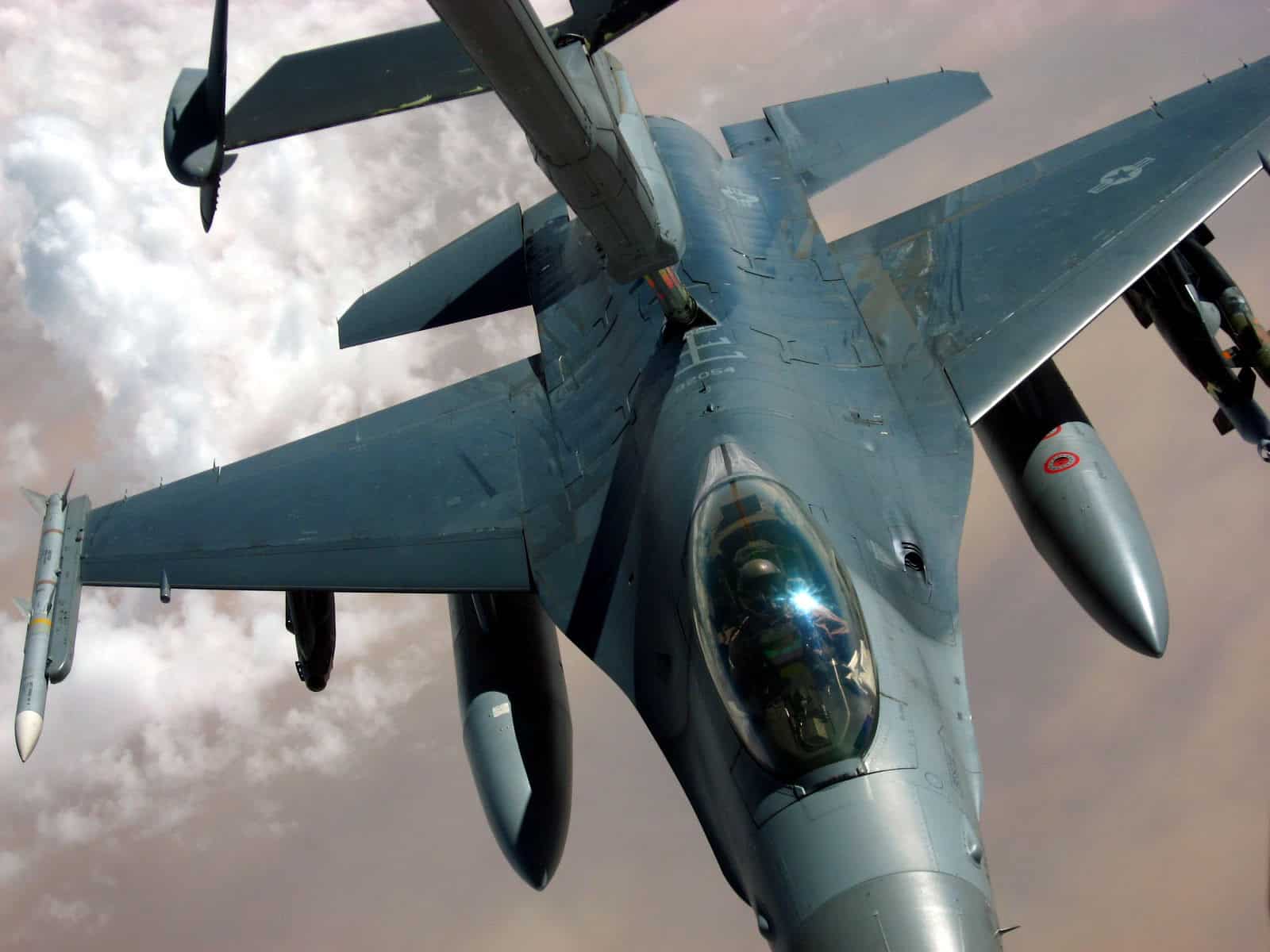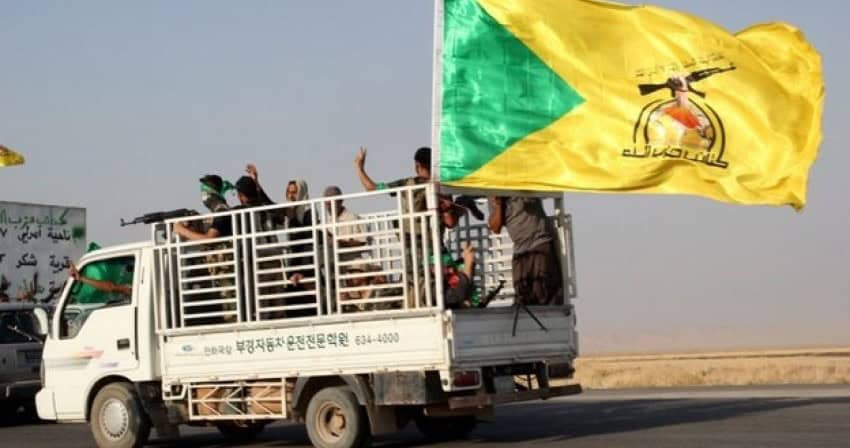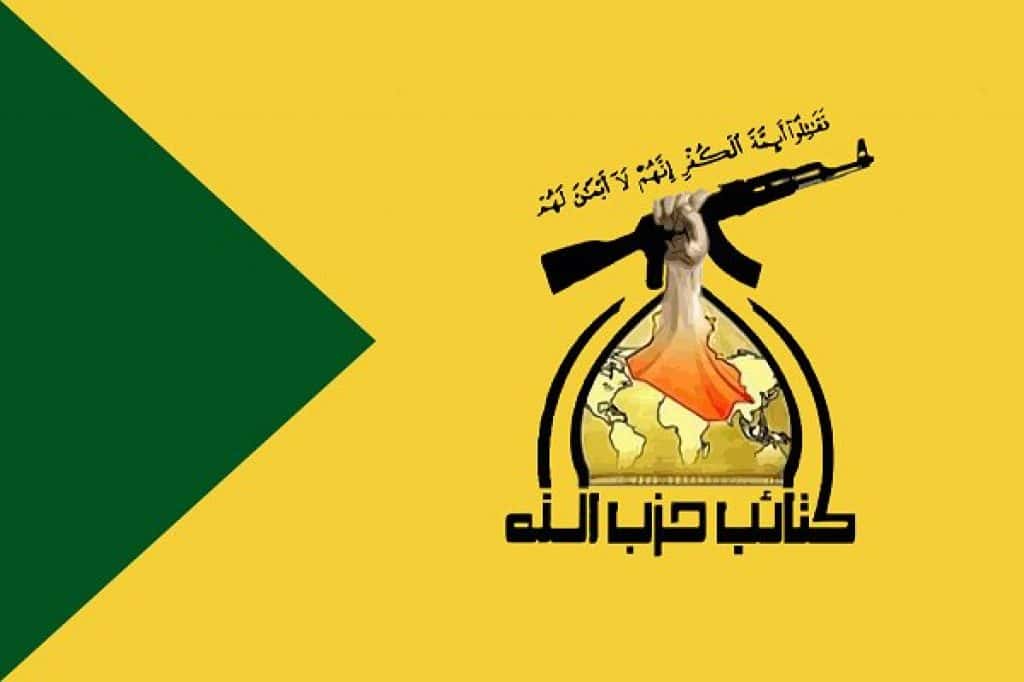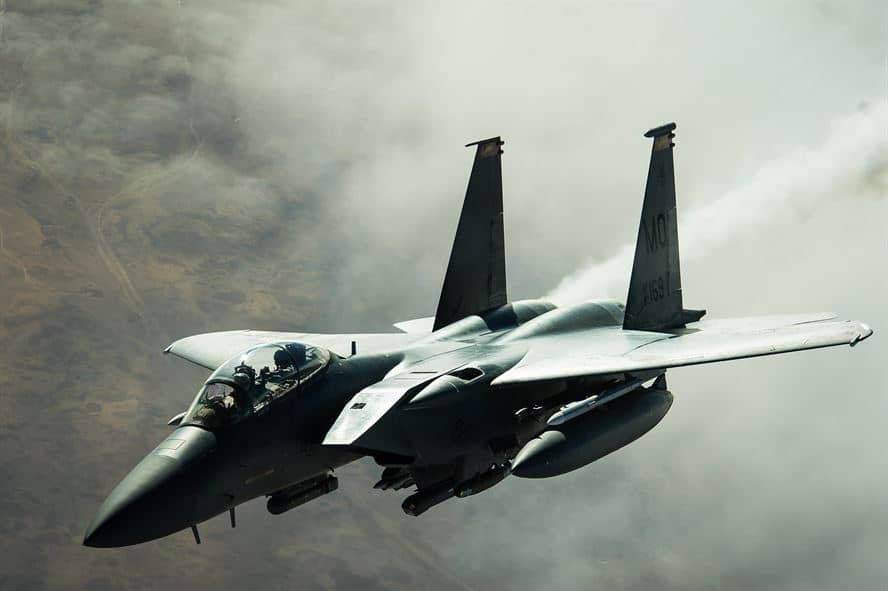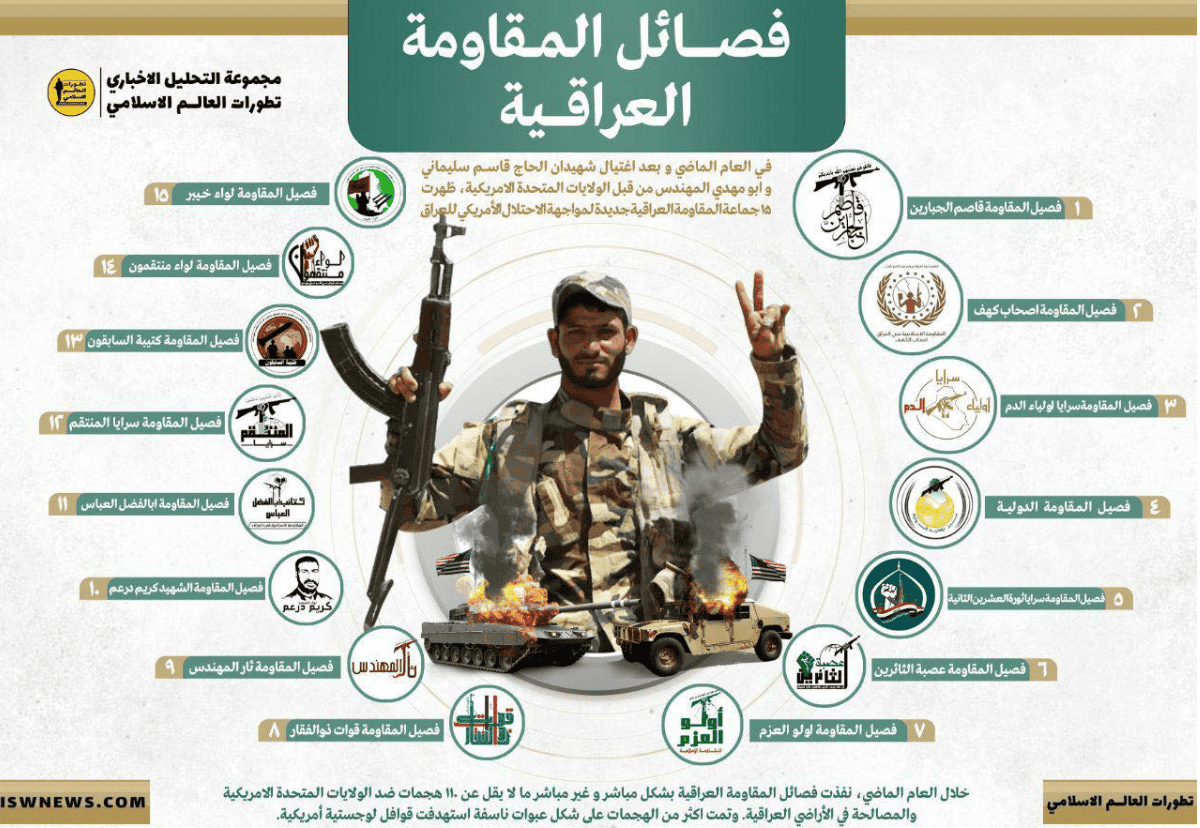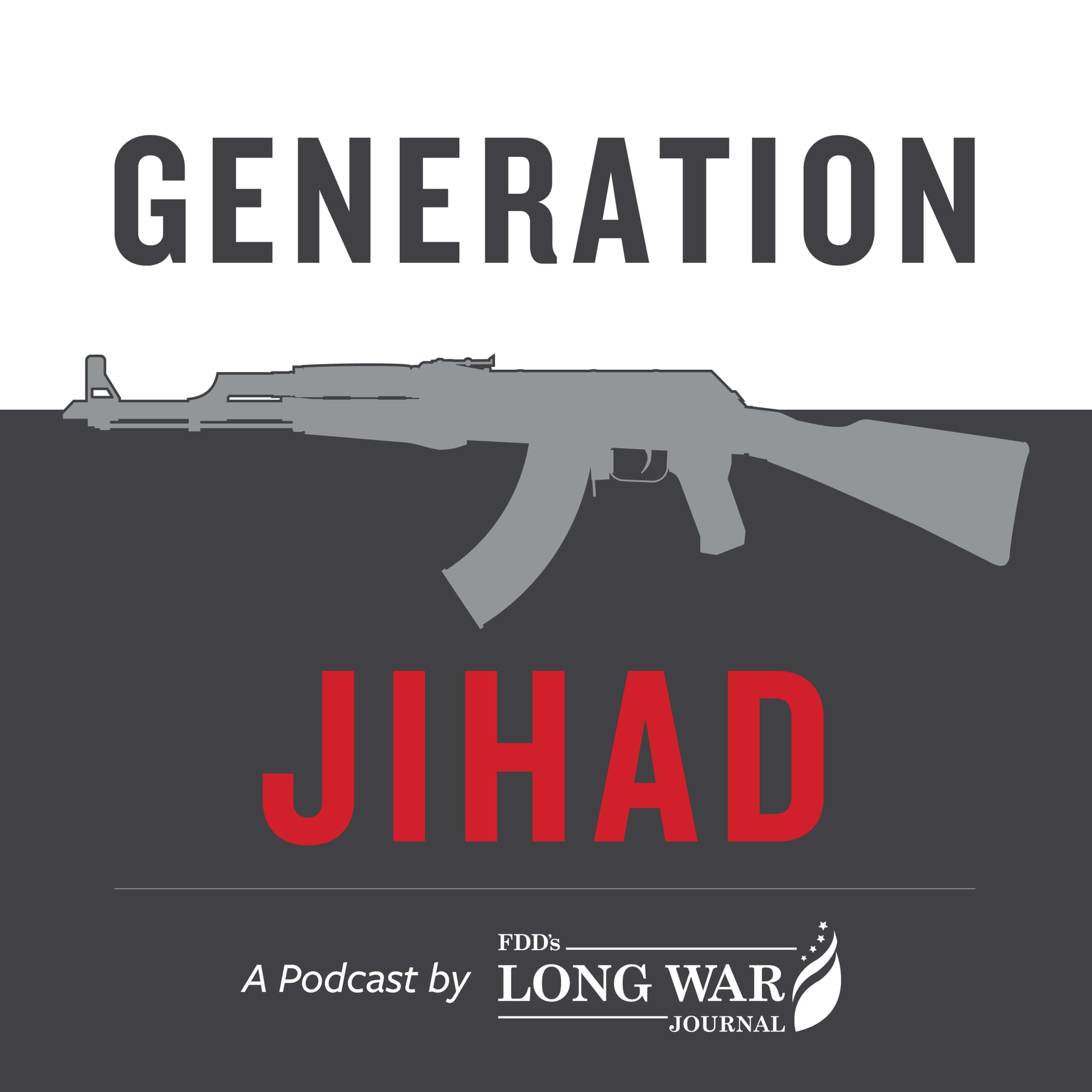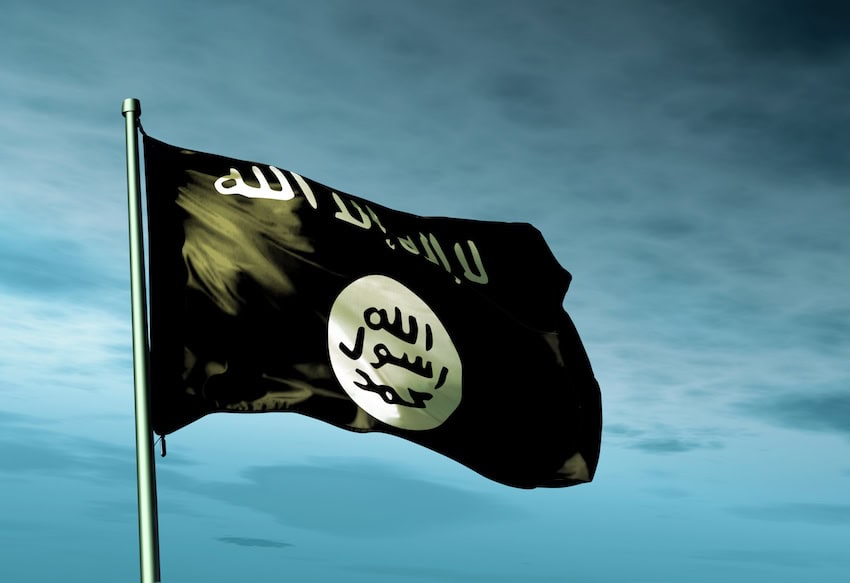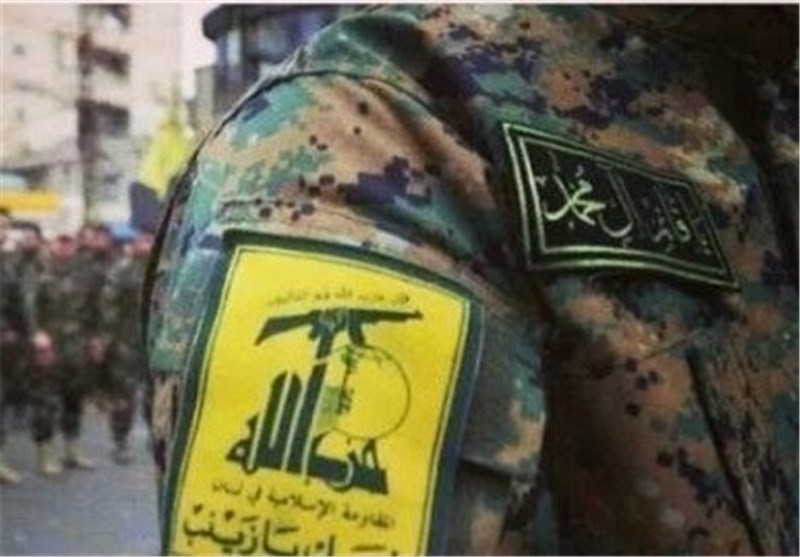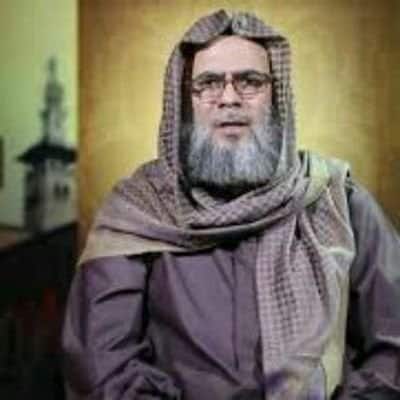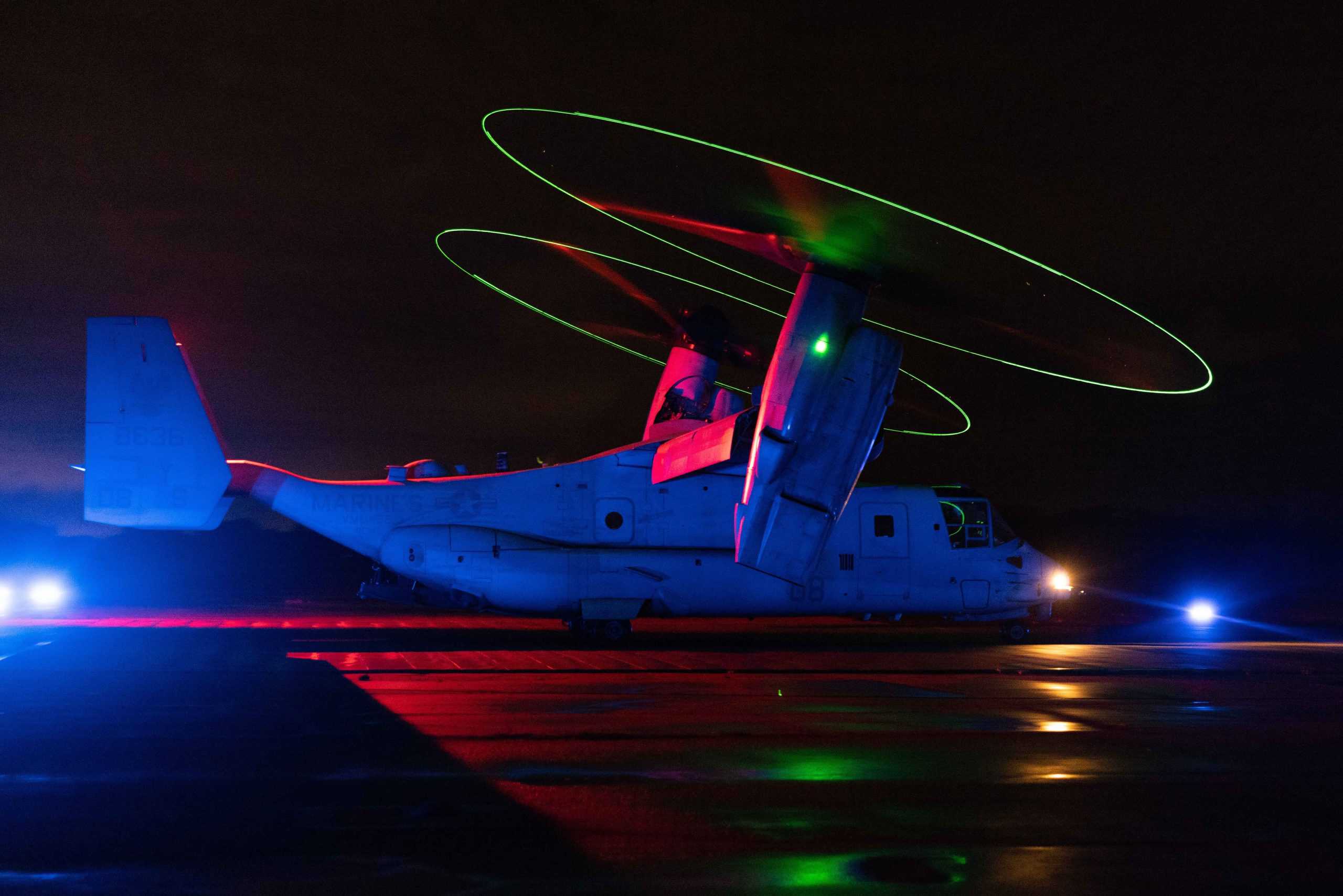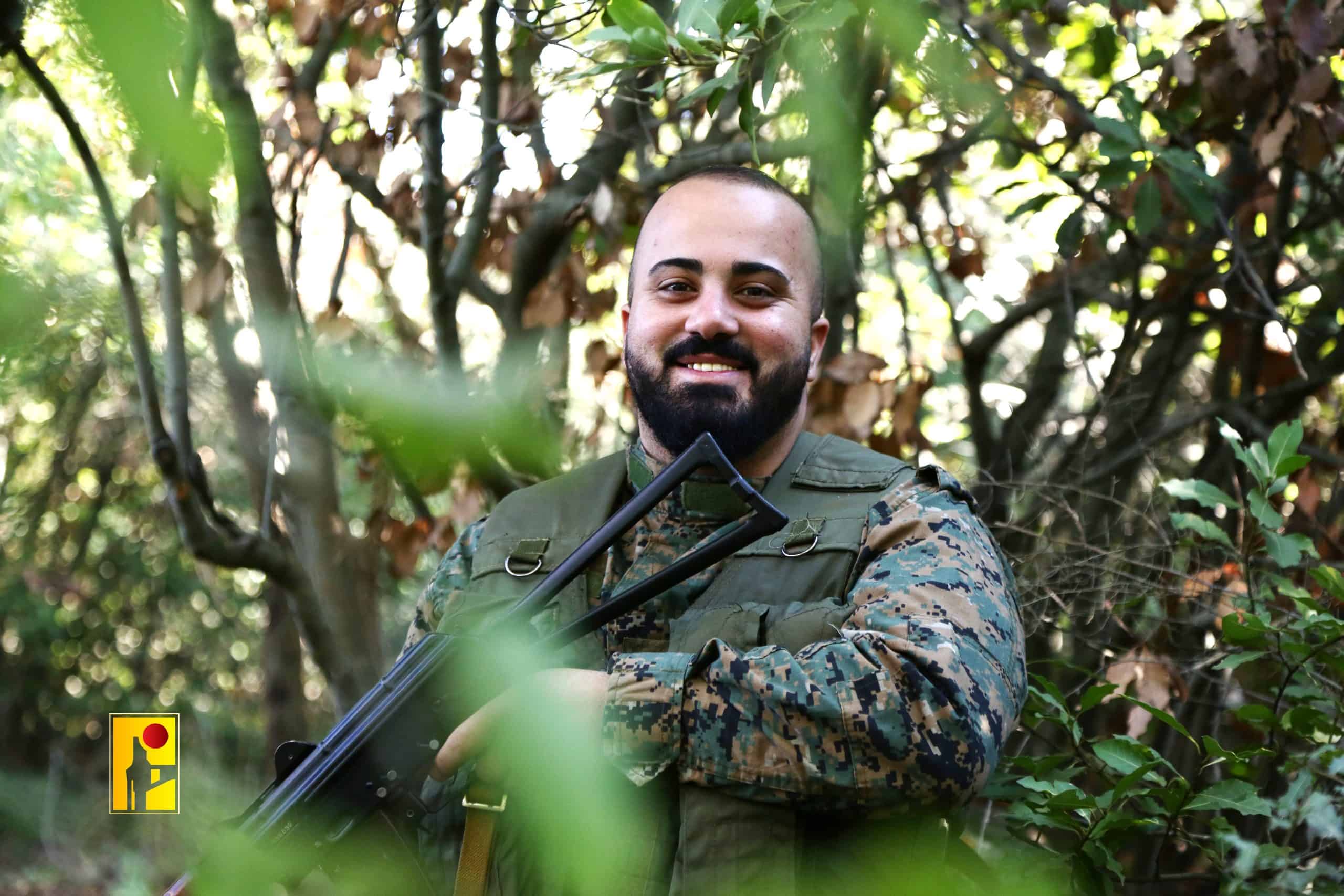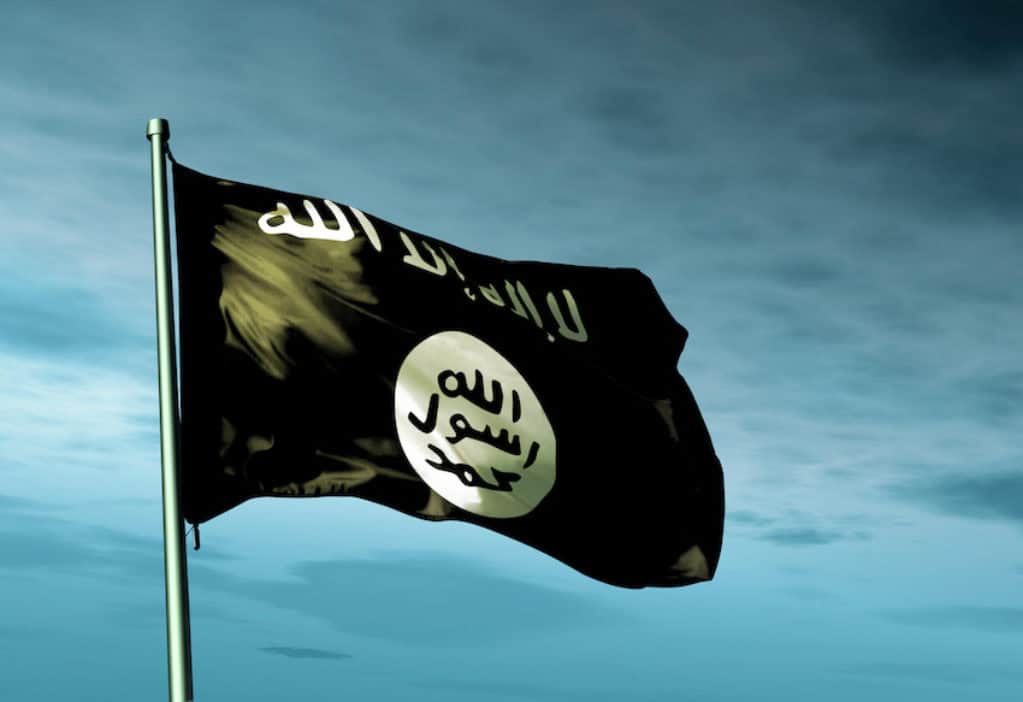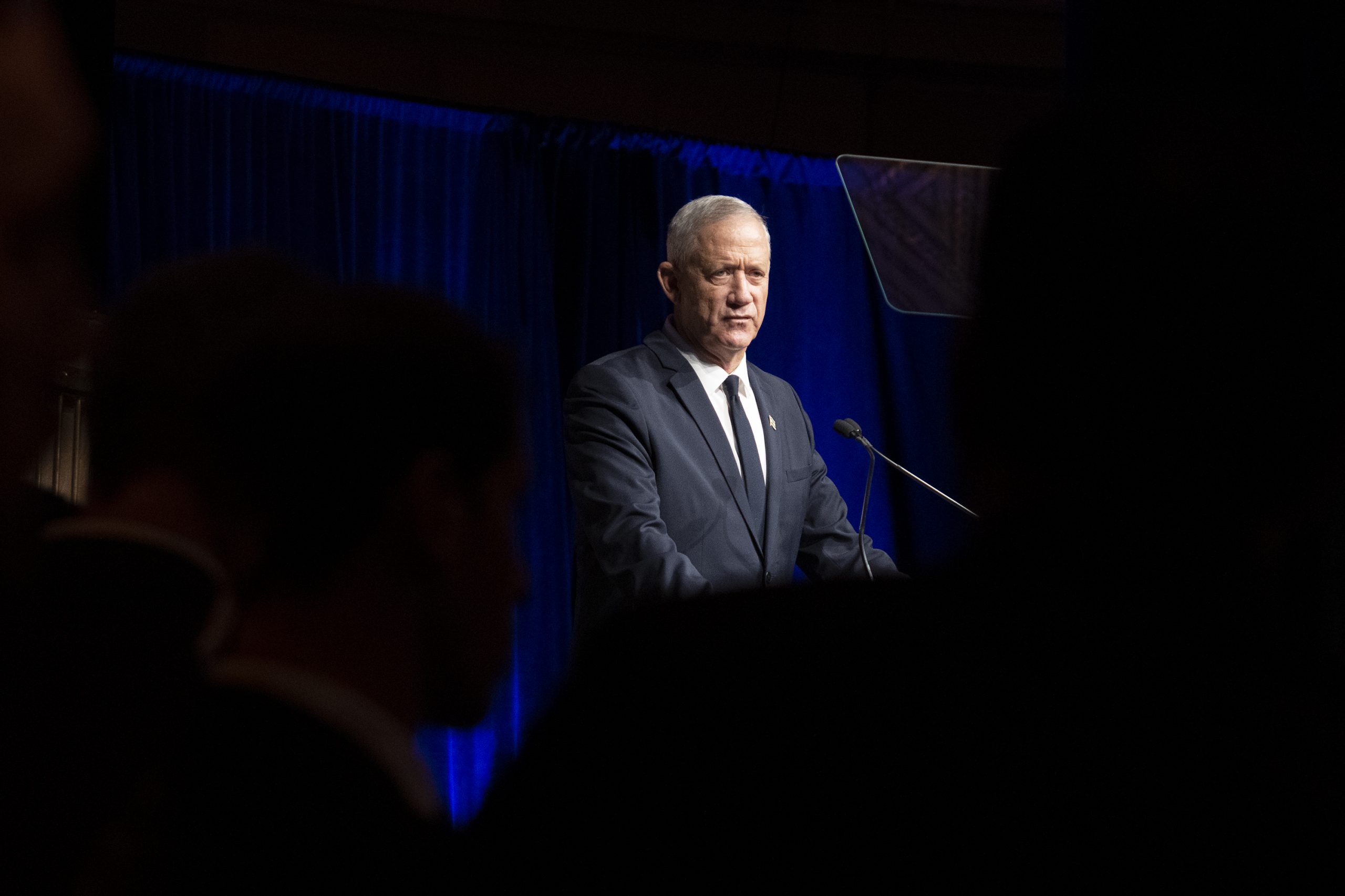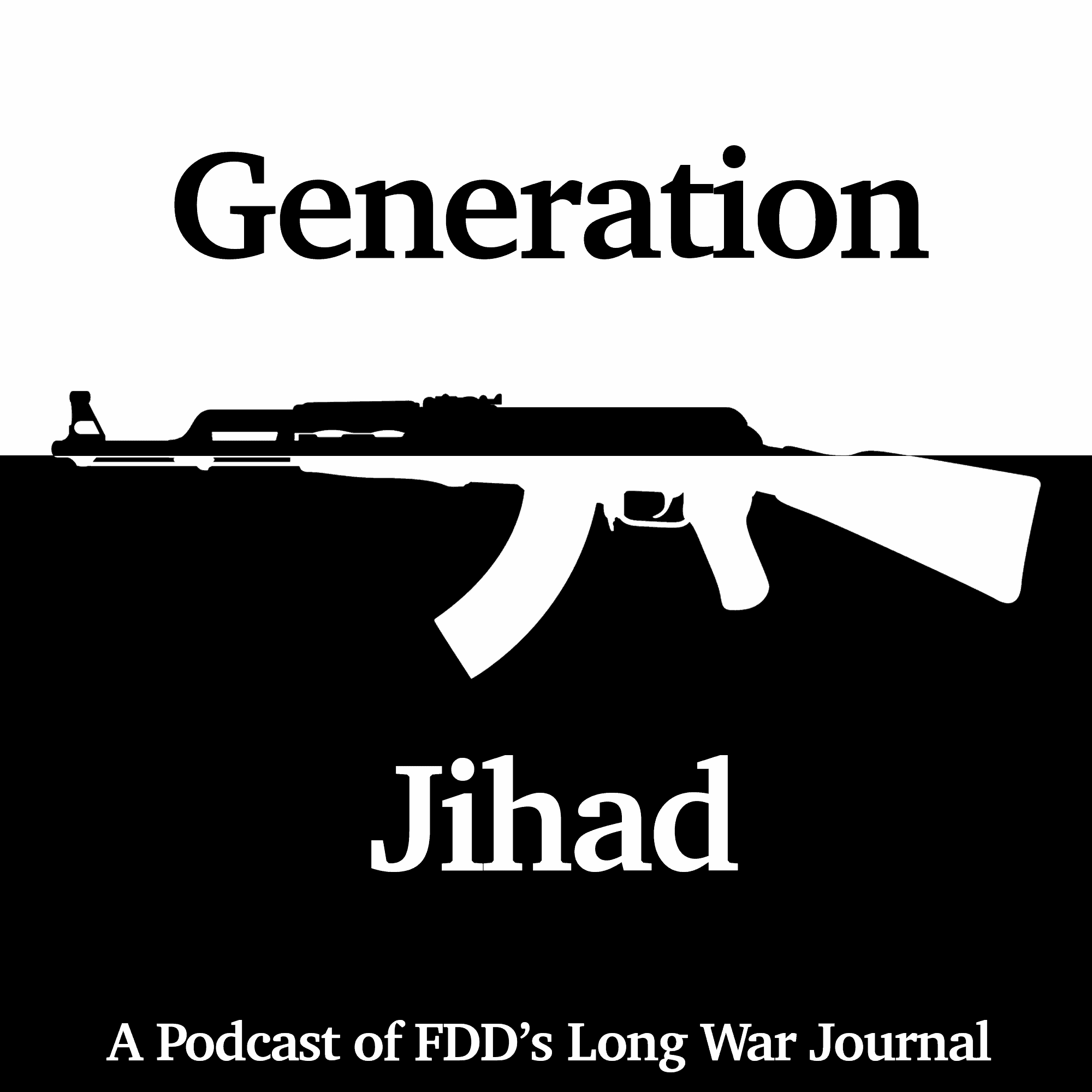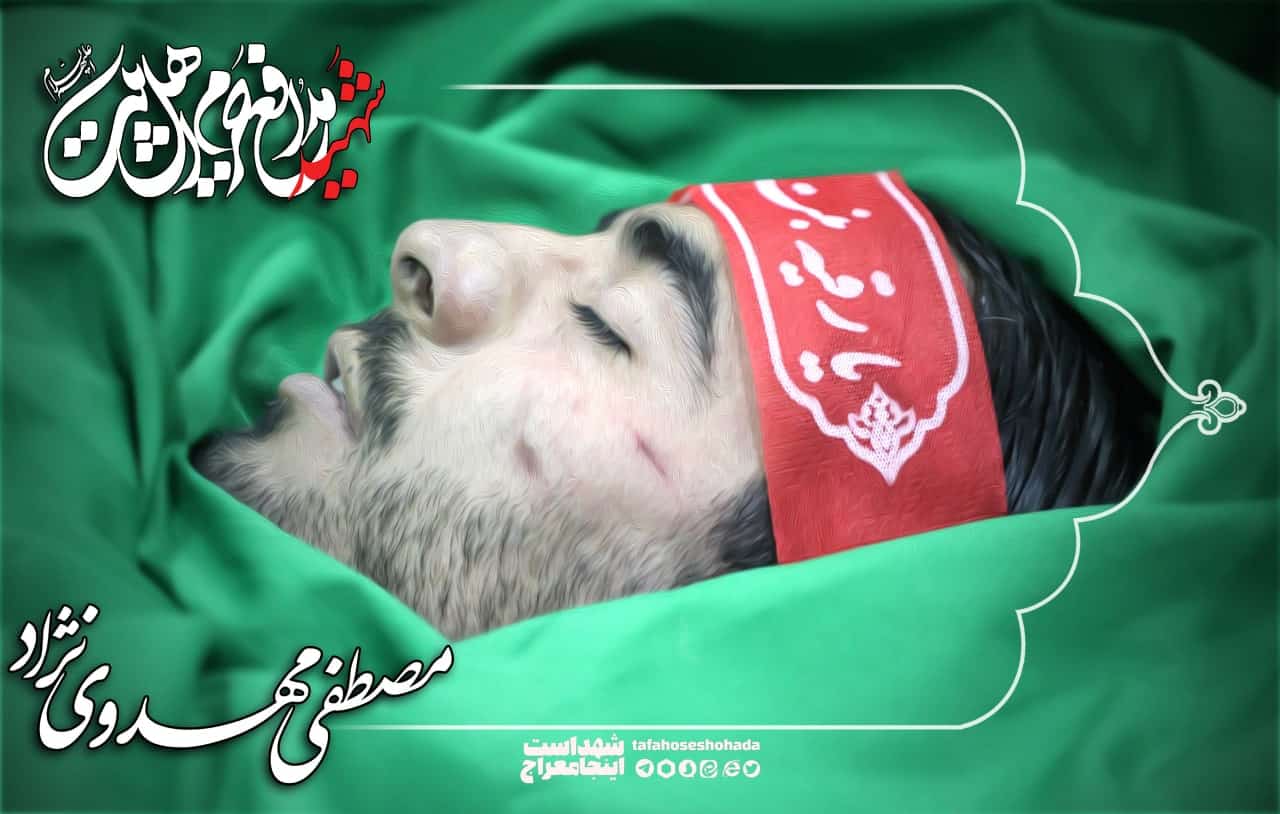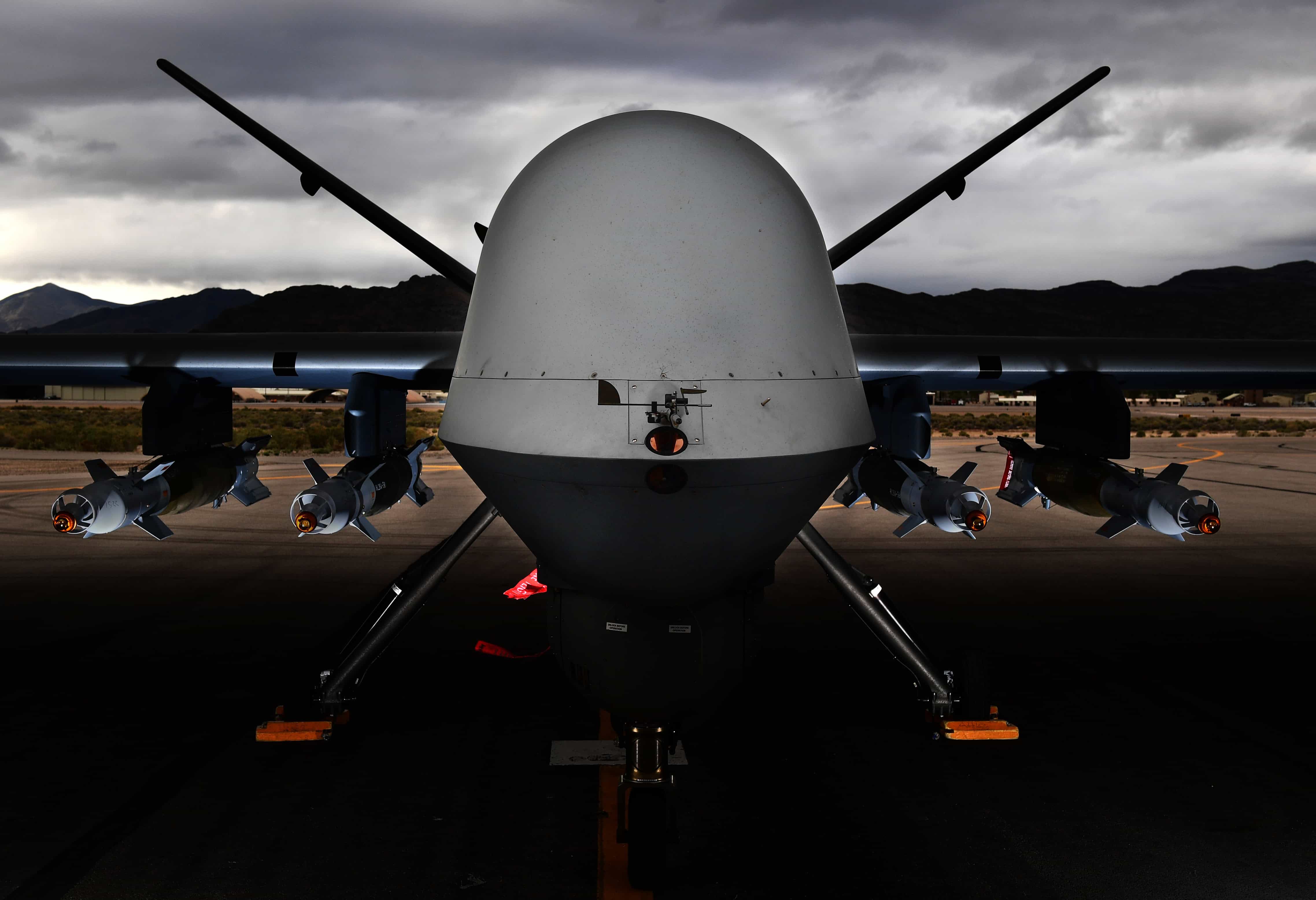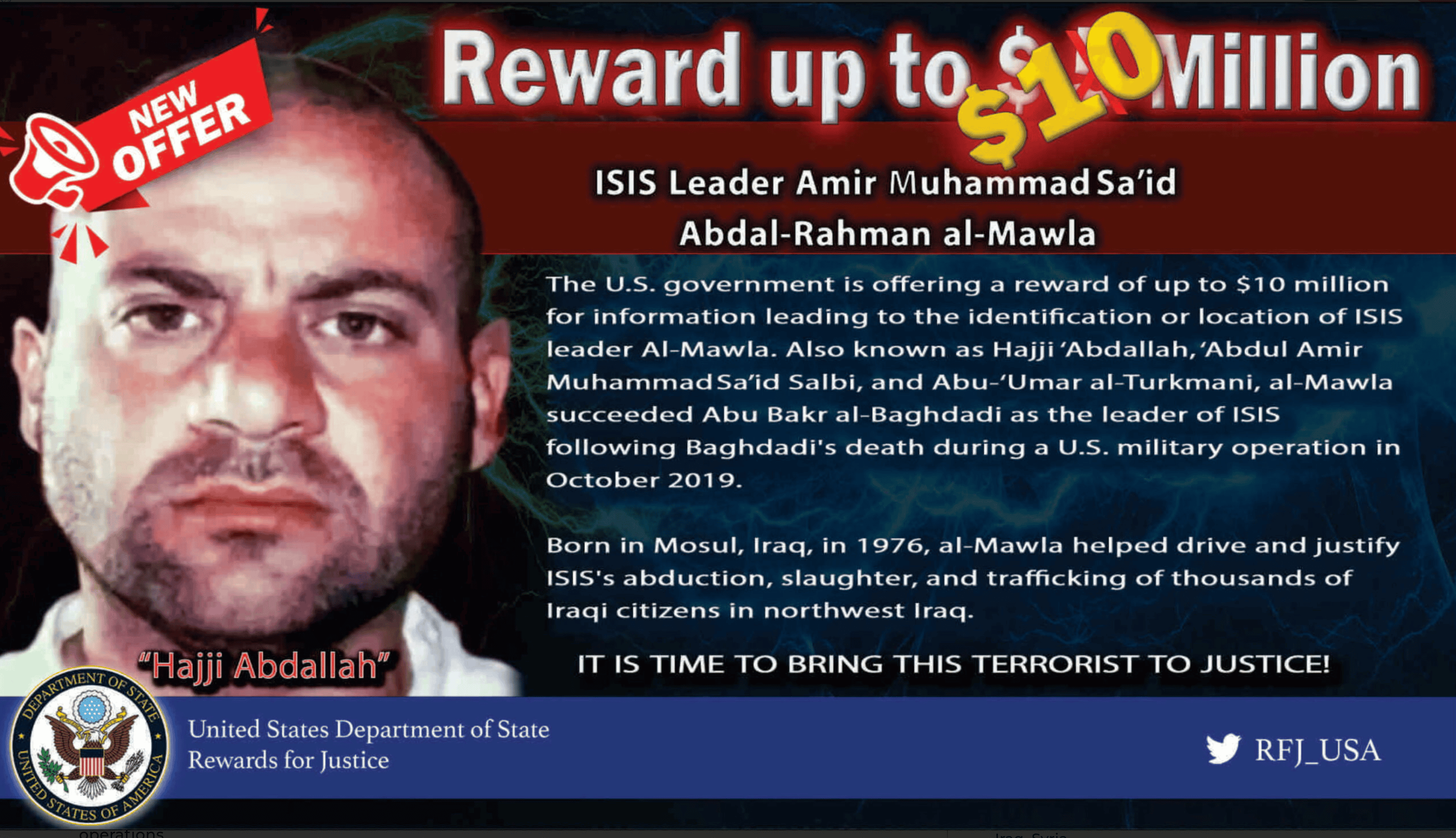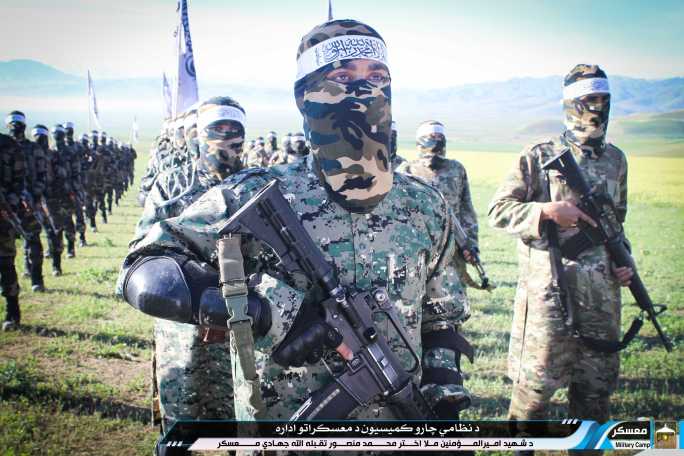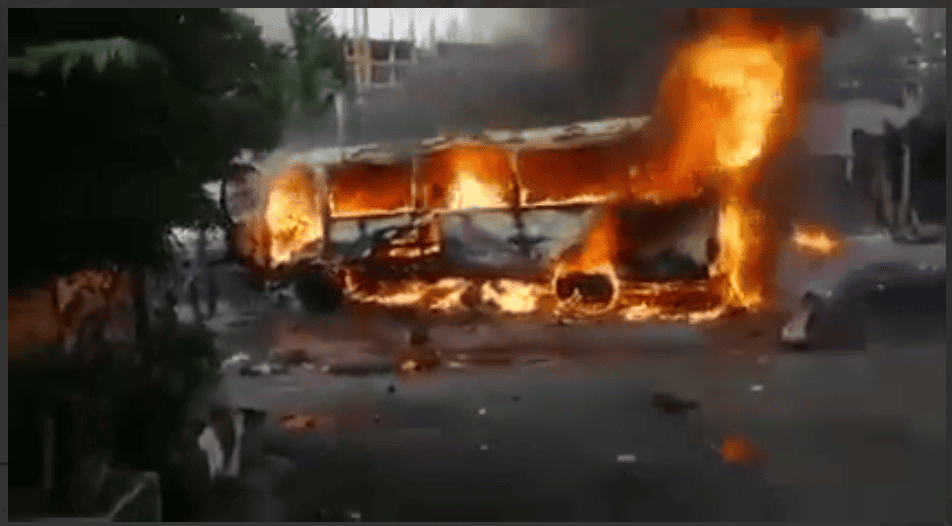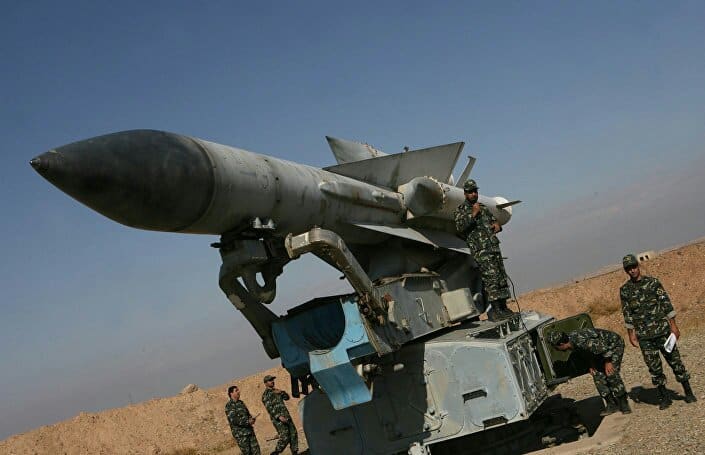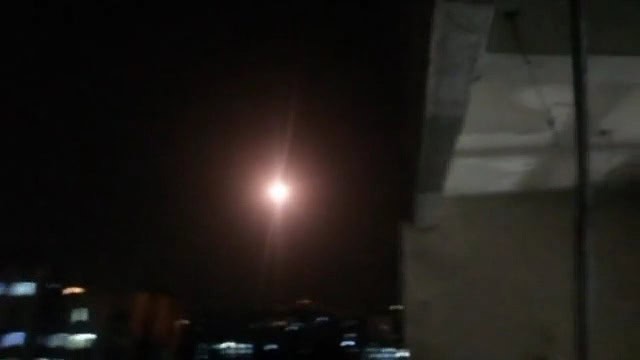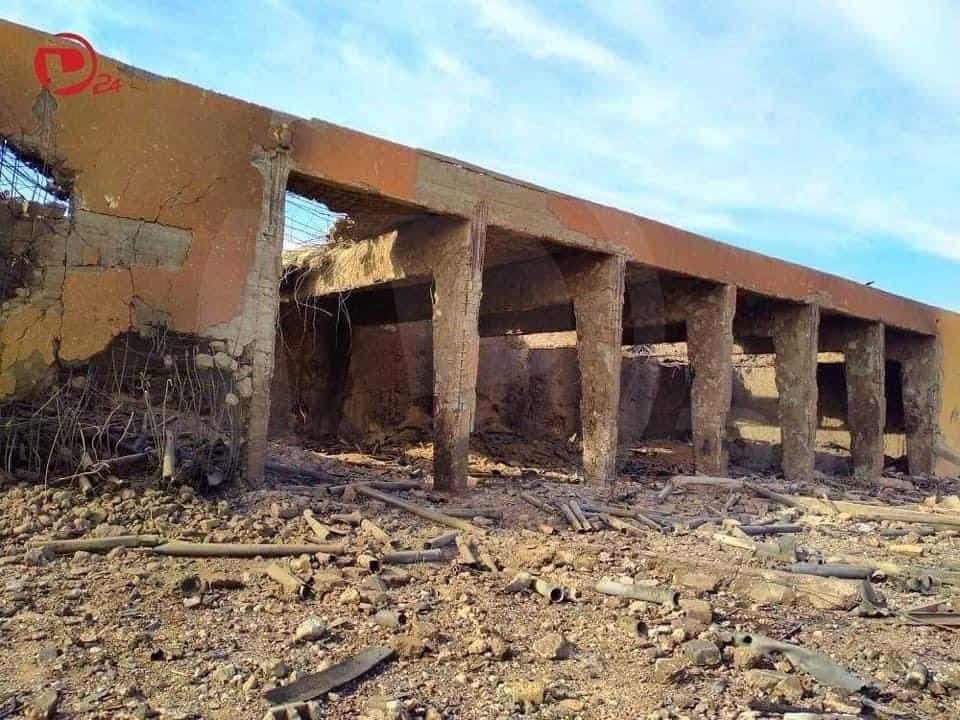The war goes on; rockets are still raining down on central Israel (including Jerusalem) while Israel continues targeting Hamas leaders in Gaza. But…
Breaking today and over the weekend:
Israeli boots are now on the ground inside Gaza. There was also some IDF activity in Jenin inside the West Bank.
Iran’s President Raisi gaslit said on X that, “the Zionist regime’s crimes have crossed the red lines which may force everyone to take action.”
While Lebanese Hezbollah is still keeping things at a simmer just below the threshold of all-out war, other Iran-backed militias in Iraq and Syria are very much in the game. Some are even firing at U.S. forces in the region.
Bill and Joe are joined again by FDD’s Behnam Ben Taleblu to unpack these and related headlines.


